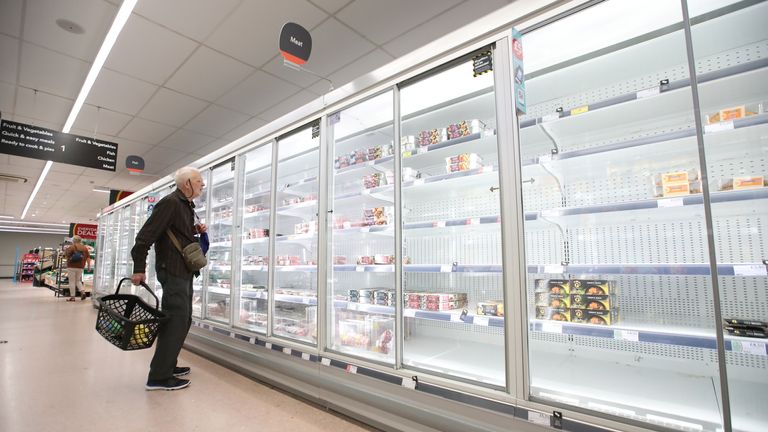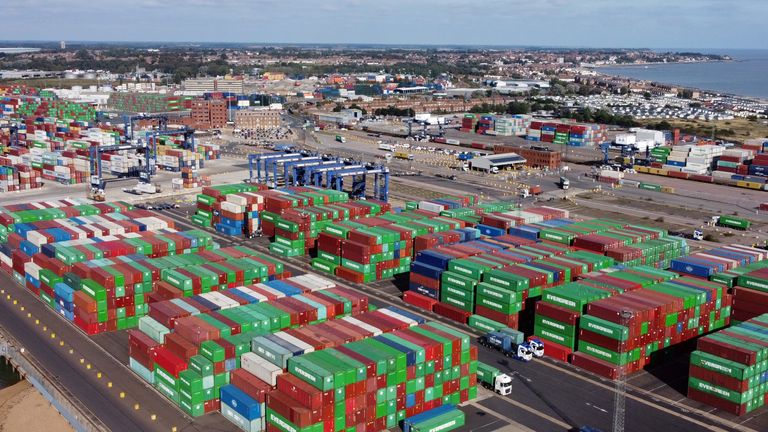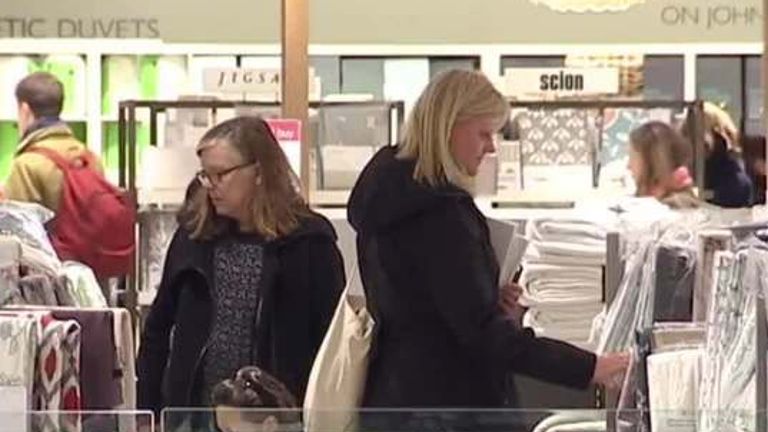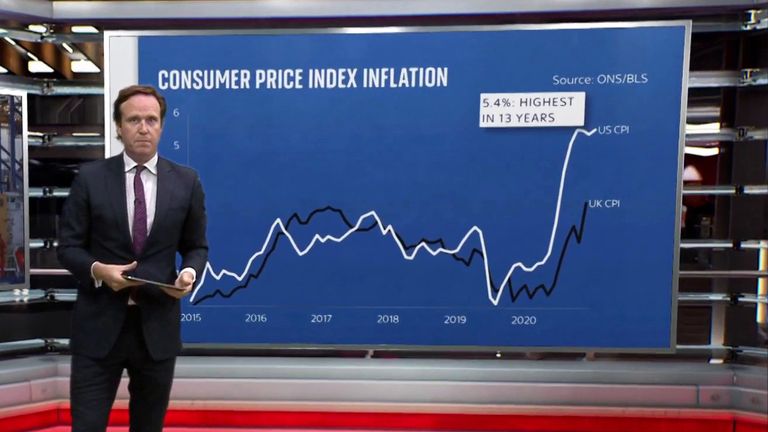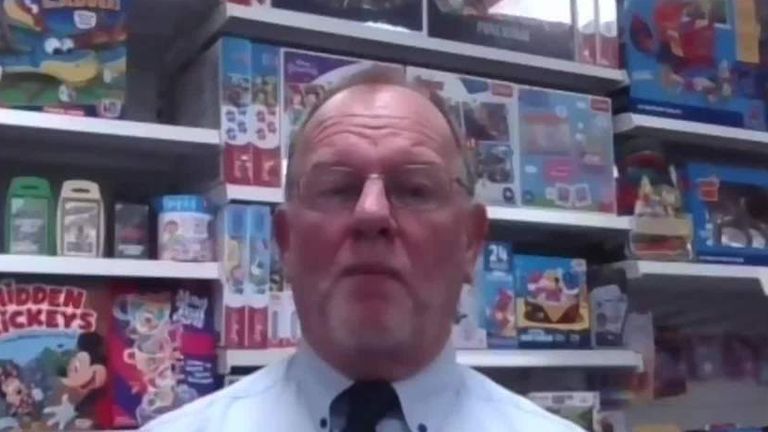Longest losing streak on record for retail sales as consumer confidence slumps to lockdown level
Retail sales volumes took a surprise dip last month to achieve their longest losing streak on record, according to official figures released as a measure of consumer confidence showed a slump to levels last seen in February.
The Office for National Statistics (ONS) reported that sales volumes declined by 0.2% in September.
Economists had expected a lift of 0.5% despite consumers getting to grips with rising costs of many essentials as the economy endures disruption from supply chain difficulties including the shortage of workers.
The ONS said the fall meant that volumes had fallen each month since April, making it the longest period for shrinking sales since records began in 1996.
However, its number-crunchers revealed that despite the performance, volumes remained 4.2% above their pre-pandemic level.
The data showed rising sales in two categories – food and fuel.
The latter was boosted, the ONS said, by the panic buying frenzy towards the end of the month with 2.9% growth being recorded as motorists rushed to the pumps.
Non-food stores reported a fall of 1.4% in sales volumes.
ONS director of economic statistics, Darren Morgan, said physical stores continued to struggle at the expense of those with an online-heavy presence.
“Household goods were the main driver of this month’s decline with a fall of nearly 10%, while food sales ticked back up after falling last month.
“Petrol sales exceeded their pre-pandemic level for the first time, with filling stations reporting very strong sales during the last week of September.
“Despite the lifting of restrictions, in-store retail sales remain subdued, with many consumers still opting to shop online.”
The report was released as a separate study showed consumer confidence had fallen this month to hit its lowest level since February when the UK was in its last COVID-19 lockdown.
The GfK measure – the country’s longest-running survey of its kind – was taken amid growing warnings from economists and the Bank of England that prices are set to charge forward over the winter months.
The global supply disruption, which is a consequence of demand massively outstripping supply as economies get back in gear, has also been exacerbated by domestic factors as businesses struggle to recruit key workers such as HGV drivers and butchers in the wake of Brexit immigration rules.
A snapshot of private sector business activity released on Friday showed stronger wage pressures and the supply chain crisis contributed to the fastest rate of input inflation on record this month.
However, the IHS Markit/CIPS flash UK composite PMI survey also pointed to a pick-up in the UK’s recovery as growth rebounded for the first time in three months.
The latest official inflation figures, which covered September, showed fuel costs heading the pressures with food costs also on the rise.
The pace of price rises is tipped to accelerate markedly this month as households grapple the 12% rise in the energy price cap following a leap in wholesale gas costs that is expected to add to bills further next spring.
One economist told Sky News this week that the cap could see a further spike of 30% when the next review takes effect in April.
Petrol retailers have also warned that costs will reach a record high by the end of the month.
The inflation picture is important in the retail context as surging costs limit household spending power in the economy – one that is usually reliant on consumer spending.
Helen Dickinson, chief executive of the British Retail Consortium, said of the ONS data: “Retailers will be concerned by the slump in sales, just as they begin their preparations for the all-important Christmas period.
“Fuel shortages, wet weather, and low consumer confidence all contributed to lower consumer demand this month.”
She added: “For the sake of the UK’s economic recovery, it is vital that retail sales bounce back as we near the festive season.
“Labour shortages across the supply chains, on farms, factories, warehouses and lorry drivers, all threaten to derail this recovery and it is vital that government finds a long term solution to this problem.
“Labour shortages, alongside higher energy, commodity, and transport costs, are all putting pressure on prices, with three in five retailers warning of higher prices before Christmas.”
